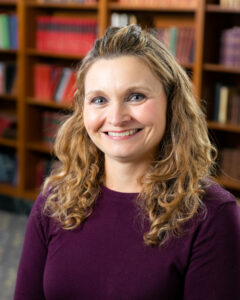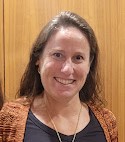About
The Master of Science (MS) in Clinical Mental Health Counseling is designed to equip students with the skills and knowledge needed to become effective counselors and therapists in a variety of settings, including mental health centers, hospitals, residential treatment programs, vocational rehabilitation services, and more. Graduates are also well-prepared for roles in juvenile correction facilities, community colleges, pastoral care, and business environments.
Our program emphasizes a balance of theory and practical application, with coursework and experiences focused on four key objectives:
- Strong foundation in counseling principles – Gain a deep understanding of the foundational skills necessary for professional counseling.
- Mastery of therapeutic techniques – Develop expertise in various therapeutic approaches, including cognitive, behavioral, and affective therapies.
- Insight into contemporary trends – Explore the latest trends and issues in counseling psychology to stay current with the field’s evolving landscape.
- Self-awareness in counseling practice – Reflect on your personal growth and self-awareness to enhance your effectiveness as a counselor.
Students benefit from early and ongoing skill-building opportunities with personalized feedback from experienced faculty. The program’s hands-on approach allows for continuous self-reflection and the development of practical counseling skills.
Accredited by the Council for Accreditation of Counseling and Related Educational Programs (CACREP), the MS in Clinical Mental Health Counseling meets the educational requirements to pursue licensure as a mental health counselor. Graduates are also eligible to sit for the National Counselor Examination (NCE), leading to National Counselor Certification (NBCC).



